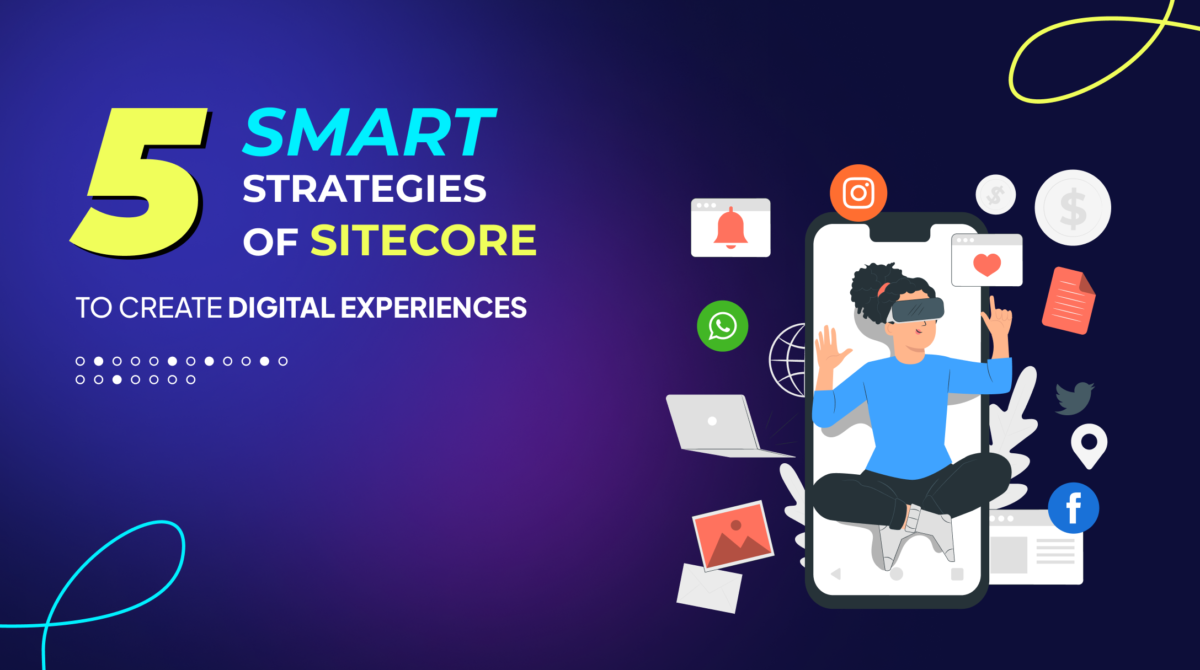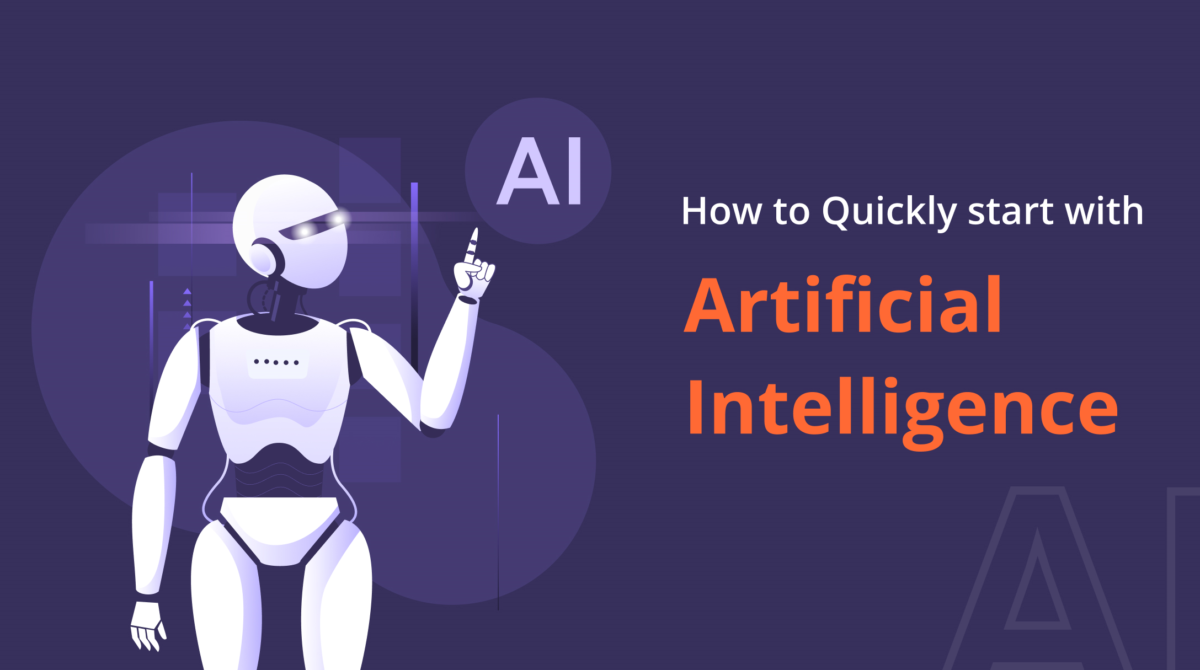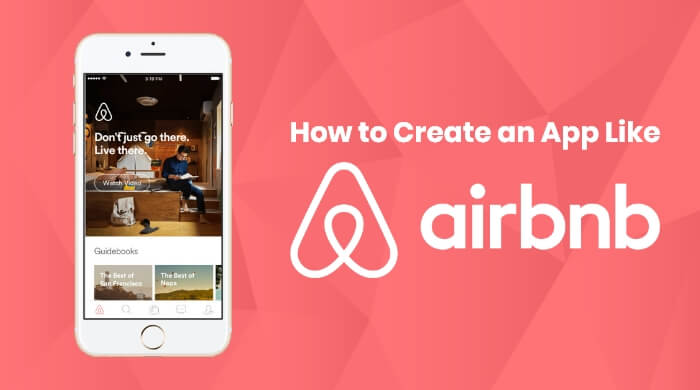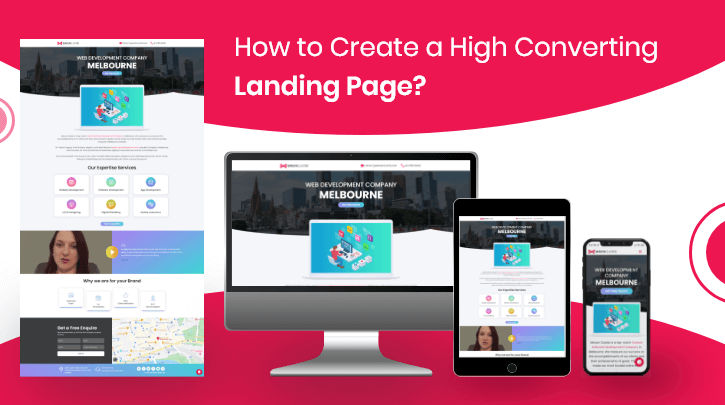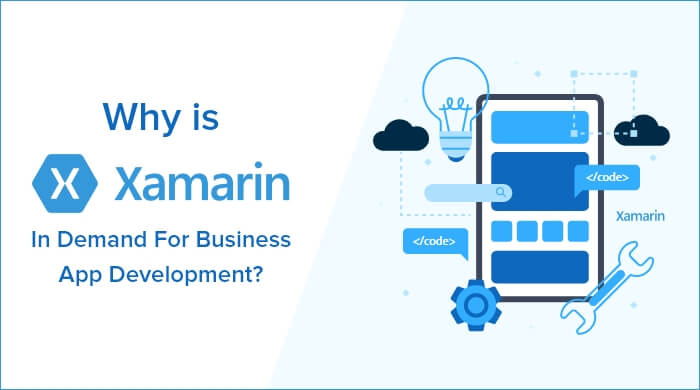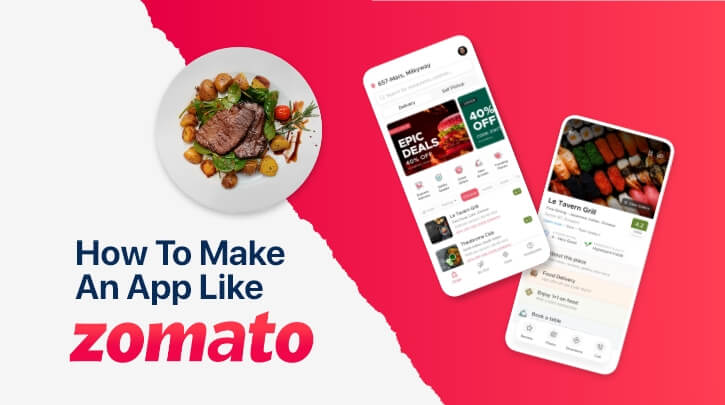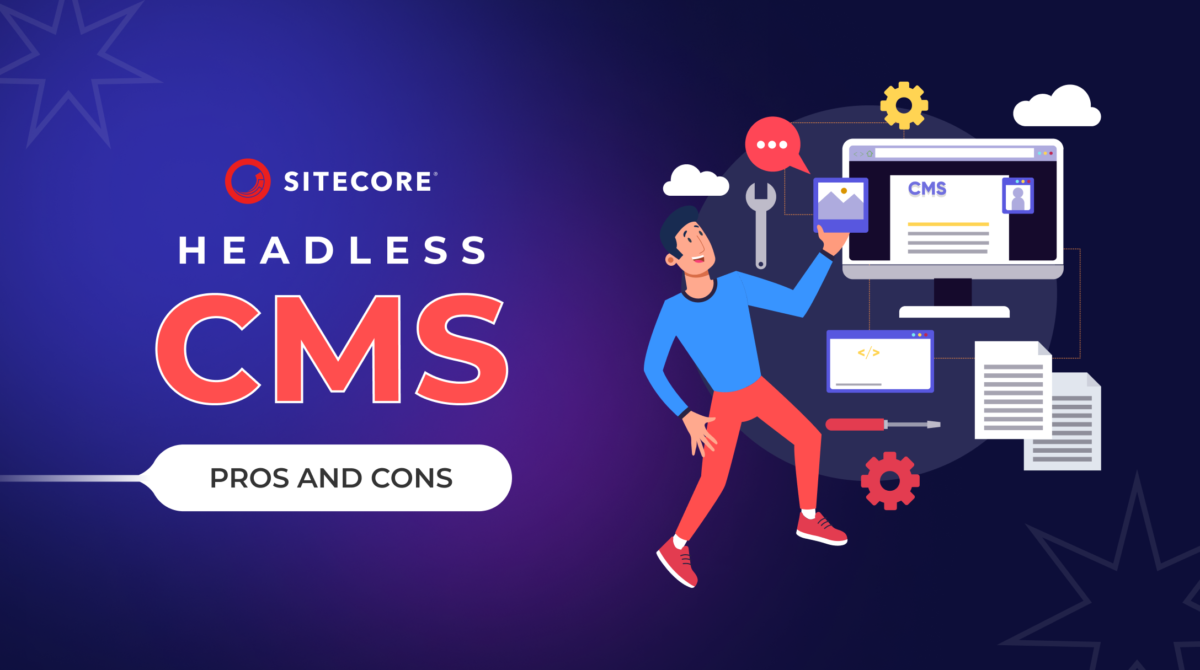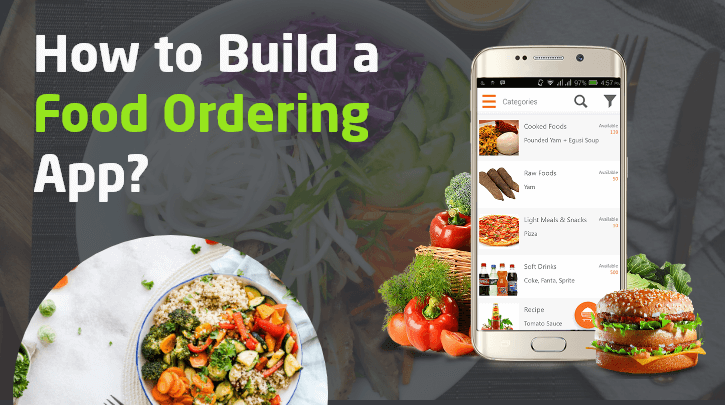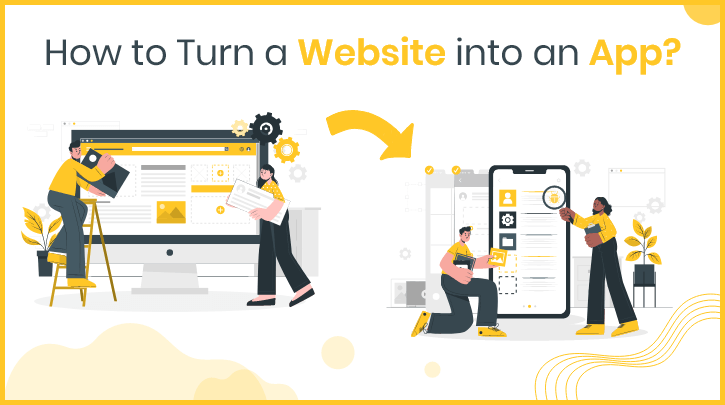
How to Convert Your Existing Website into Mobile Application?
Can you imagine an Internet ecosystem today without mobile apps today? Absolutely not. The growing availability of economical smartphone devices and cheaper Internet has fueled the demand for mobile apps further. Statistics reveal that around 82% of users prefer an app over the web version of a digital product.
Thus the demand for mobile app development has surpassed all the previous predictions and the trend is poised to grow even further. Seeing this many small and midsize companies have also grabbed this opportunity to expand into further territories. Countries with high Internet users such as China and India still have the majority of the population accessing the Internet through smartphones.
However, a lot of businesses find it difficult to understand the dynamics of how to turn a website into an app? But don’t worry this isn’t as difficult as it looks. With the right technical support, your website can also transform into an engaging application that serves both iOS and Android.
Here in this blog, we lay down some of the important aspects when looking to convert a website to app.
Reasons to Convert a Website into an App
When you look at the reasons to convert a website to an app, the biggest one is that you can’t carry your PC everywhere just to check your Instagram. Further, the website is essentially made to find a balance between the phone and the PC. That is why we need a platform solely targeting the “smartphone population”. Let’s see some other major reasons as to why you should be looking to convert your website into an app.
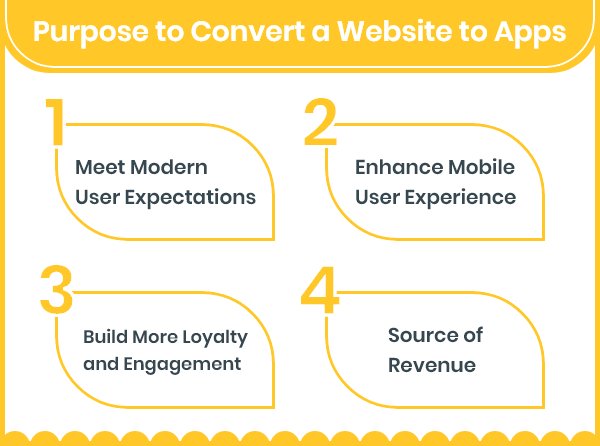
1. Quick Accessibility
Of course, it’s easier to pull your phone out of your pocket and make an instant order on an e-commerce website. There was a time when phones lagged behind a computer, but today the capabilities of smartphones go on par with normal computers. Plus they are easy to carry. So why won’t your customer prefer an app over a website?
2. Personalized Experience
Surfing the web or accessing your favorite digital spot is an entirely different experience when done from the phone as compared to a PC. The touch experience provides a more vivid connection to the audience as compared to a website. While the easy customization of mobile apps also poses a great advantage while making changes according to the users.
3. Offline Functionalities
A bigger reason to turn a website into an app is the offline functionalities it offers. Offline elements are much easier to be integrated into an app as compared to its web counterpart. Especially in a website that requires frequent access and stores information, conversion into a mobile app helps the user to access it more easily even while being offline.
4. Future Possibilities
The Global app market is skyrocketing, this is only because businesses have understood the future prospects of mobile apps. From booking a cab to purchasing groceries, everything is possible currently with mobile apps. This is a great example for service providers to transform their businesses.
With all these advantages, it is almost clear how mobile apps certainly present a great business growth opportunity. But to convert a website to an android app or an iOS app, there is an important choice that needs to be made.
App Builder or Custom Mobile App Development?
Before going to the custom mobile app development part, let’s understand what an app builder is. As the name suggests these programs let you turn your website into a mobile app without any developer support. This can sound amazing but in reality, there isn’t much to what an app builder can offer. First of all, the end product of an App builder is mostly generic. Further, it is difficult to upgrade and is prone to bugs. So if you are looking for something that is very limited, then an app builder is good.
On the other hand, custom mobile app development is a process where dedicated developers work on the app while paying attention to the slightest of details. This is what custom mobile app development offers over an app builder –
- Advanced Features
- Brand Oriented Design and Functionality
- Scalability
- Right to the Source Code
- Top-notch Security
If you are looking for something unique with extended capabilities, having a custom mobile app developed for your business is the best choice. So if you want to go for custom mobile app development, it is important to see the types of web-to-app development.
Ways to Convert Website into App
Like everything, the apps we use in daily life also have a lot of diversity. Choosing a proper app type for your business depends on factors like scale and the target audience. While there are also a lot of other factors involved, hence it is better to look at each type in detail.
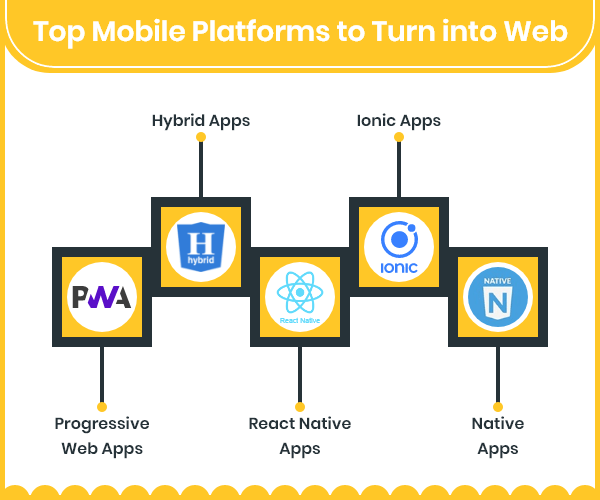
* Progressive Web Apps
The most recent addition to the different categories of apps is the progressive web apps or PWAs. This is a service offered by Google where the website owner can convert websites into a hybrid between a website and application. The app looks and performs just like a normal application however essential it is a responsive website with characteristics of an app. Currently, popular sites Washington Post, Twitter, and Pinterest use this technology.
The main tasks while creating a progressive web app include generating a web application manifest file, building a service worker for smooth offline functionality plus integration of a push notification system.
The advantages of PWAs include –
- Lesser cost
- Offline Functionality
- Web Discoverability
- Quick Development Process
However, the PWAs also have some drawbacks when compared to other app types. These are
- Only available for Android devices
- Limited performance capabilities
- Speed Issues with heavy applications
Still, the popularity of progressive web apps has been gaining ground among small and medium-size businesses as this offers benefits of both website and mobile application. To have a progressive web app made, it is important to choose an app development service provider who is also well versed with website development services.
* Hybrid Mobile App Development
Developing and maintaining the same app for separate OS requires additional resources. Especially when you have a restricted budget, this becomes an even bigger concern. But with Hybrid App Development solutions, you can convert your website to Android, iOS apps without any hassle. The development of hybrid apps can be done with any of the two frameworks mentioned below as per the requirements of the business.
* React Native
React Native is the mobile app development brother of the popular web development framework ReactJS. If your site is made with ReactJS then, React Native is the most suitable choice for your web development needs. With its open library and extended developer base, the development with React Native becomes quite easy.
The Advantages of React Native include
- Robust performance with minimum resources
- Can work on both Android and iOS platforms at the same time
- Best for conversion sites and web apps created using ReactJS
At the same time, React Native also has some shortcomings. These are
- Not suitable for complex app and game development
- Performance issues as compared to Native Apps
* Ionic
Using a single reusable codebase, Ionic provides an open-source SDK to create mobile apps with the help of HTML, CSS, and Javascript. To work more efficiently Ionic needs AngularJS and Apache Cardova. Ionic has been used to create applications like Marketwatch, Pacifica, and JustWatch. The advantages of Ionic are
- Ease of maintenance
- Converting to desktop or PWA is easy.
- Works on both Android and iOS
On the other side, the cons of Ionic include
- Requires Native Plugins
- Not meant for complex apps and games
If you are looking for a budget-friendly app with decent performance and features working on both Android and iOS then hybrid app development is a great option for you.
* Native App Development
If your business requires an application that needs maximum performance with specialized features then it is best to go with Native App Development. Developing apps for Android and iOS requires experienced development services. Android requires development with Java and Kotlin while iOS requires development with objective-C and Swift programming language.
The Pros of Native App development are –
- Specialized feature specifically focused a business
- Optimum performance of the app with high load and traffic
- Better safety features
The Cons of Native App development are limited to higher time and financial resource requirements. Apart from which a Native App provides the best user experience as compared to all other development methods.
The choice of a mobile app for your business depends on the personalized requirements apart from the pros and cons. If you still have s strong budget or time restrictions, you can also go on with a minimum viable product that lets you have a simple prototype of the planned application. This is best for the presentations of the initial idea.
Whichever option you choose, one more important decision is to look for an experienced and capable mobile app development services provider for your app.
Maven Cluster is a leading Mobile App Development Company in India comprising top industry experts. With a satisfied clientele from around the world, we have helped businesses to bring their development ideas into reality. Get a free consultation with our mobile app development expert for your development needs.



